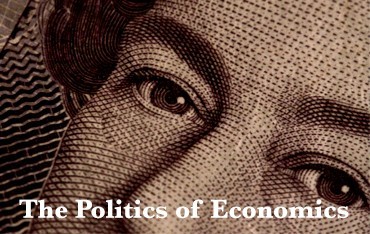The Politics of Economics - 5 March 2019 - Private Equity and the Balance of Twinkie the Kid
Duration: 1 hour 22 mins
Share this media item:
Embed this media item:
Embed this media item:
About this item

| Description: |
Daniel Souleles (Copenhagen Business School)
Abstract Private equity emerged in the late 1970s as a vanguard of financial capitalism; and private equity investment firms pioneered a number of the processes and logics that allowed companies, businesses, and people to be treated like fungible investments and according to a portfolio logic. This paper takes one case, the serial buyouts of Hostess bakeries and the humble American snack cake, the Twinkie, and catalogues how the financial management of a company can lead to a number of value conflicts between various social actors and groups in the context of American society. The paper will further suggest that some theories form the anthropology of value and exchange are useful for parsing this societal maelstrom, and identifying the repetitive social dynamics at play in a corporate buy-out. |
|---|
| Created: | 2019-03-08 10:52 |
|---|---|
| Collection: | The Politics of Economics |
| Publisher: | University of Cambridge |
| Copyright: | Glenn Jobson |
| Language: | eng (English) |
| Keywords: | Daniel Souleles; The Politics of Economics; CRASSH; |
| Abstract: | Daniel Souleles (Copenhagen Business School)
Abstract Private equity emerged in the late 1970s as a vanguard of financial capitalism; and private equity investment firms pioneered a number of the processes and logics that allowed companies, businesses, and people to be treated like fungible investments and according to a portfolio logic. This paper takes one case, the serial buyouts of Hostess bakeries and the humble American snack cake, the Twinkie, and catalogues how the financial management of a company can lead to a number of value conflicts between various social actors and groups in the context of American society. The paper will further suggest that some theories form the anthropology of value and exchange are useful for parsing this societal maelstrom, and identifying the repetitive social dynamics at play in a corporate buy-out. |
|---|---|

